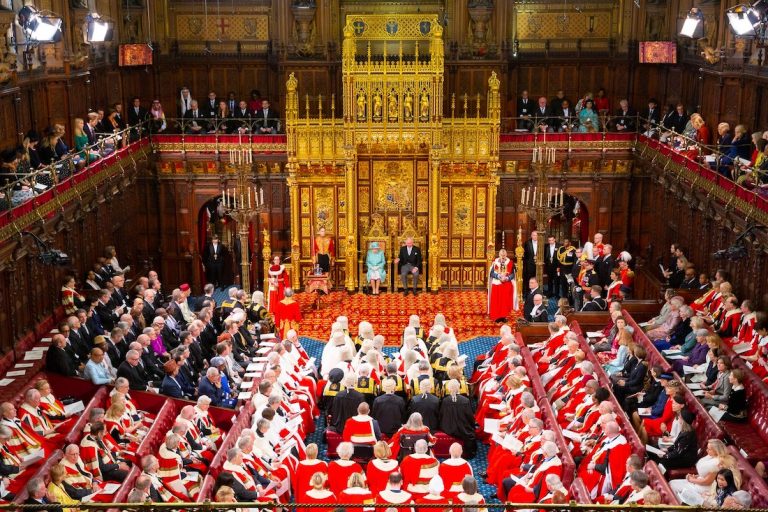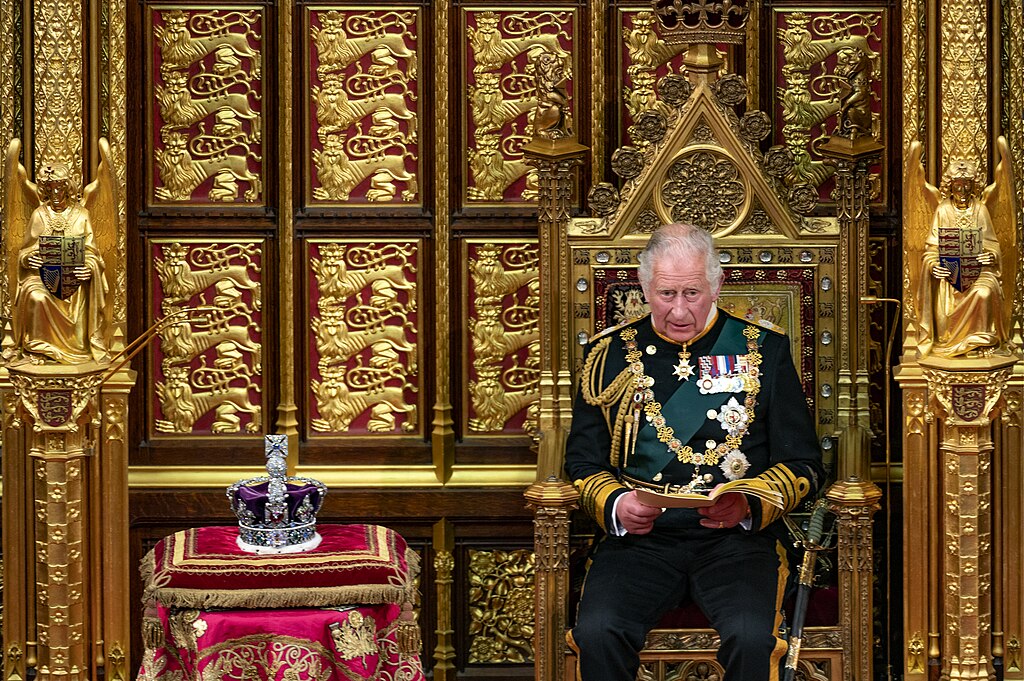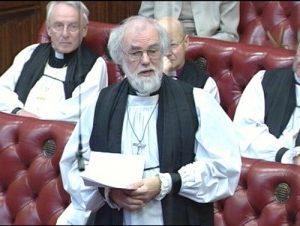
As of July 2024, the House of Lords comprised 660 appointed life peers and 89 hereditary peers. There are concerns the chamber has grown too large and that many peers are not effectively contributing to democracy.

London, U.K. The Labour government, under Prime Minister Keir Starmer, has announced plans to overhaul the House of Lords. This move comes in response to concerns that the chamber has grown too large and that many peers are not effectively contributing to democracy.
What is the House of Lords and What Does It Do?
The House of Lords, also known as the Upper Chamber, is an essential part of the U.K. Parliament, operating independently from the House of Commons. While the House of Commons consists of 650 elected Members of Parliament (MPs) who debate and vote on new laws, the House of Lords is composed of “peers” who scrutinize government work and suggest changes to legislation. Unlike MPs, peers are not elected. They often bring expertise from various fields such as science and the arts. Most peers hold their positions for life, although retirement is an option.
The Lord Speaker, currently Lord McFall, elected for a five-year term in 2021, chairs the daily business from the woolsack and must remain politically impartial. The monarch delivers the King’s Speech from the House of Lords’ throne during the state opening of Parliament. Another key figure is Black Rod, presently Sarah Clarke, who plays a significant role in traditional ceremonies like the state opening of Parliament and the selection of the Commons Speaker.

Membership and Structure of the House of Lords
The House of Lords does not have a fixed number of seats, and its membership fluctuates. As of July 2024, there were 774 eligible peers, making it the second-largest parliamentary chamber in the world, surpassed only by China’s National People’s Congress.
Joining the House of Lords
There are three primary paths to becoming a peer:
- Appointment: Most peers are appointed by the monarch on the advice of the Prime Minister. The House of Lords Appointments Commission vets nominations, but the PM makes the final decision.
- Hereditary: Some peers inherit their titles. However, most hereditary peerages were abolished in 1999, leaving only 92 remaining.
- Job Entitlement: Certain positions, such as the Archbishop of Canterbury or York, automatically grant a seat in the Lords.
As of July 2024, the House of Lords comprised 660 appointed life peers and 89 hereditary peers. Various reports and committees have examined ways to reduce the size of the chamber, including the House of Commons Public Administration and Constitutional Affairs Committee’s inquiry into the size, appointment process, and roles of peers.

Church of England
Archbishops of Canterbury have been members of the House of Lords by virtue of their office since parliament first began many centuries ago. Within the two types of member – the Lords Temporal (Peers) and the Lords Spiritual (the two archbishops and 24 most senior bishops of the Church of England).
The Archbishop of Canterbury is the most senior member of the Lords, being the first member entitled to take the oath of allegiance at the start of a new parliament after the Lord Speaker. Dr. Rowan Williams took his seat in the Lords in March 2003, shortly after becoming Archbishop.
Compensation for Peers
Peers in the House of Lords are entitled to a £342 ($440) daily allowance for each sitting day they attend, though they can choose not to claim it. Some peers, including the Lord Speaker and government ministers in the Lords, receive a salary instead of the daily allowance.
Labour’s Plans for Reform
The Labour Manifesto emphasizes that reforming the House of Lords is “long overdue and essential,” citing the large size of the chamber and the insufficient contribution of many peers. The party proposes phasing out the remaining hereditary peers and requiring members to retire at the end of the Parliament after their 80th birthday. Additionally, Labour aims to introduce participation requirements to enhance standards and make it easier to remove “disgraced peers.”
While Sir Keir Starmer previously advocated for abolishing the House of Lords and replacing it with a fully elected body, the current manifesto suggests consulting on creating a “more representative” alternative.
Comparisons with Other Countries
Different countries have varying structures for their upper chambers. For instance:
- United States: The Senate has 100 elected members serving six-year terms, with a third elected every two years.
- Canada: The Senate has 105 members who must retire at 75. Like the Lords, they are appointed on the Prime Minister’s recommendation.
- France: The Senate has 348 elected members serving six-year terms, with half up for election every three years.
These examples illustrate the diversity of upper chambers worldwide, each with unique methods of selection and terms of service.
Understanding the House of Lords: Its Role, Function, and Potential Changes (July 1, 2024)
#HouseofLords #UKPolitics #Parliament #LordsReform #Democracy #Peers #UpperChamber #LabourParty #KeirStarmer #HereditaryPeers #ElectedLords #PoliticalReform #UKGovernment #Westminster #BritishPolitics
TAGS: UK Politics, House of Lords, Lords Reform, Labour Party, Keir Starmer, Democracy, Parliament, Upper Chamber, Peers, Hereditary Peers, Elected Lords, Political Reform, UK Government, Westminster